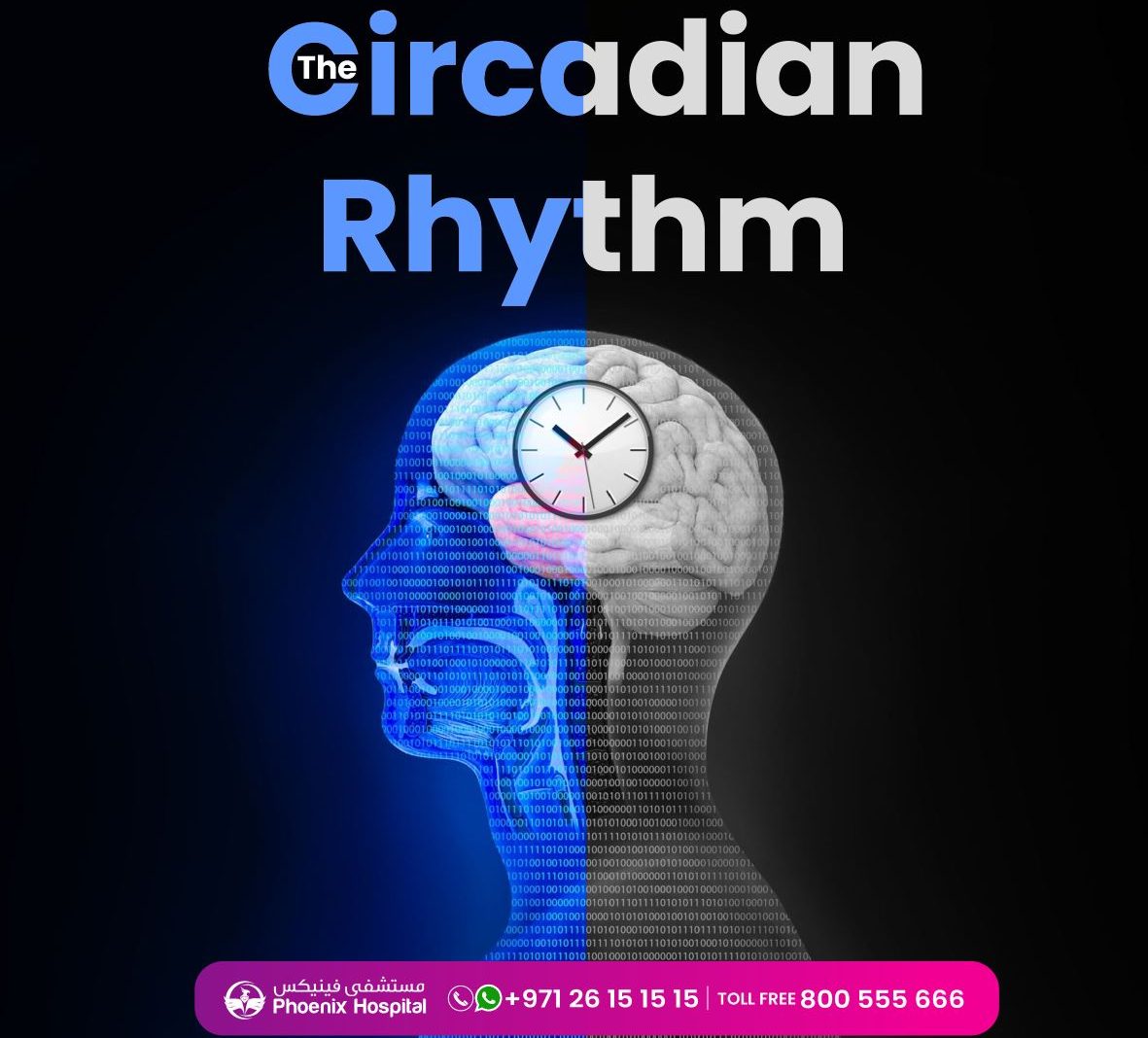
HCC – Hepatocellular Carcinoma, Symptoms, Treatments

Fatty liver – symptoms, causes, and digestion

Is Sunset to Sunrise Method Proven for Weight loss

Circadian Rhythm and Its Influence on Our Eating Habits

Colon Cancer – Symptoms, Causes, & Treatment

Brain fog is a common term that many people use these days and sometimes it can be very difficult to describe, especially if you are feeling it. Brain fog is not just feeling tired after exertion, nor will go away if a person takes a short break. People with brain fog experience difficulty in attention, concentration, memory, speech, and organization with a lack of mental clarity making it challenging to perform daily task. Some people can work through brain fog, while others find it debilitating.
What are the causes of brain fog?
Brain fog can occur due to several factors and it often results from a combination of different elements. The causes of brain fog include:
Symptoms
Treatments
The treatment for brain fog depends on its underlying cause. Since brain fog is not a specific medical conditions but symptom of various factors, identifying and addressing the root cause is crucial for effective management.
When should see a doctor?
It is very important to consult a doctor when your brain fog is:
It is always good to understand that brain fog is a symptom, not a diagnosis, and it can be caused by a wide range of factors. A healthcare professional can perform a thorough evaluation, including medical history, physical examination, and possibly some tests, to determine the underlying cause of your brain fog and recommend appropriate treatment options. Early intervention can help address any potential health concerns and improve your overall well-being.
“In Phoenix Hospital, our team of professional doctors and staffs are ready to help and deliver you the best possible care. It’s always good to take a second opinion, Our experienced doctors are willing to help you with your healthcare decisions. You can get in touch with us by clicking contact
You can also Schedule an appointment with our doctors through Book an Appointment”